Acupuncture is an ancient therapy that involves inserting thin needles into specific points on the body to promote healing and relaxation. While it may seem intimidating to some, acupuncture has gained popularity for its ability to relieve pain and improve overall well-being. In this article, we'll explore the world of acupuncture and needles, including their types, benefits, and risks. We'll also provide tips on how to select safe acupuncture needles to ensure a safe and effective treatment.
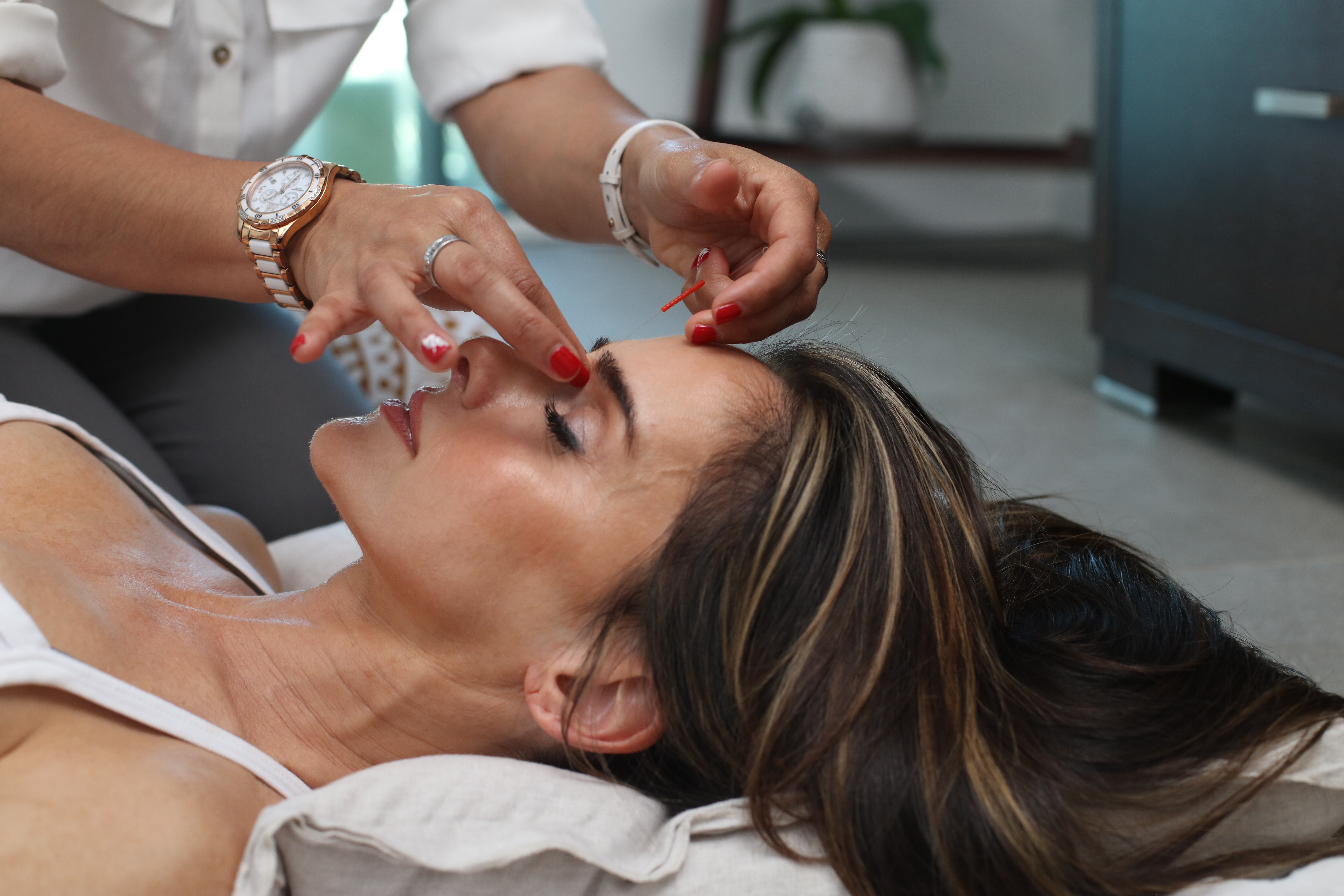
Understanding Acupuncture Needles
Acupuncture needles come in different shapes, sizes, and materials, but the most common type is made of stainless steel. The needles range in diameter from 0.12 to 0.35 millimeters and in length from 13 to 130 millimeters. Some have a rounded tip, while others have a flat or sharp tip.
How Acupuncture Needles Work
Acupuncture works by stimulating the flow of qi (pronounced "chee"), the vital energy that flows through the body's meridians or energy channels. By inserting needles into specific points on the body, acupuncture practitioners aim to unblock or balance the flow of qi, which can alleviate pain and improve overall well-being.
Safety and Risks
While acupuncture is generally considered safe, there are some risks and potential side effects to be aware of, such as soreness or bruising at the site of the needle insertion, dizziness, or fainting. To minimize risks, it's essential to seek acupuncture services from a qualified and licensed practitioner who follows appropriate safety protocols. Always inform your practitioner of any medical conditions or medications you're taking before starting an acupuncture treatment.
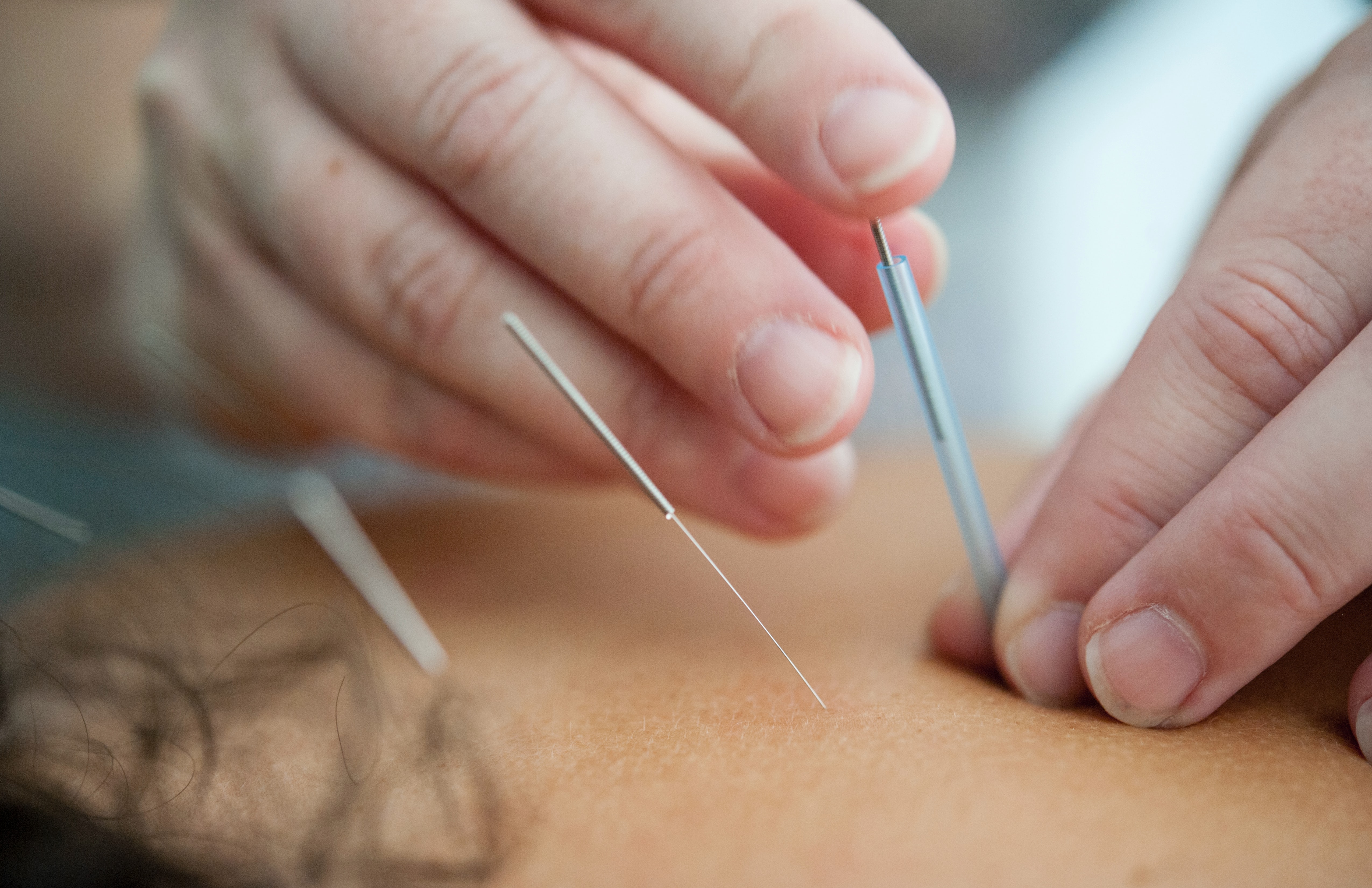
How to Select Safe Acupuncture Needles
When selecting acupuncture needles, it's essential to choose a reputable supplier that provides high-quality, sterile needles. Look for needles that are FDA-approved and made from medical-grade stainless steel. Be sure to check the packaging for expiration dates and ensure that the needles have been properly sterilized. A qualified and licensed practitioner will also follow proper hygiene and safety protocols, including using new needles for each treatment.
Benefits of Acupuncture
Acupuncture has been used to treat a variety of conditions, including chronic pain, headaches, anxiety, and digestive disorders. It has been found to work by stimulating the body's natural healing processes, reducing inflammation, and promoting relaxation. Acupuncture has also been shown to have a positive impact on mental health, including reducing anxiety and depression, improving sleep quality, and boosting the immune system.
Conclusion
Acupuncture and needles may seem unfamiliar, but they have been used for thousands of years as a safe and effective therapy. By following appropriate safety measures and selecting high-quality, sterile needles, you can ensure a safe and effective treatment. If you're looking to relieve chronic pain, reduce stress, or improve your overall health, acupuncture may be worth exploring with the help of a qualified and licensed practitioner.
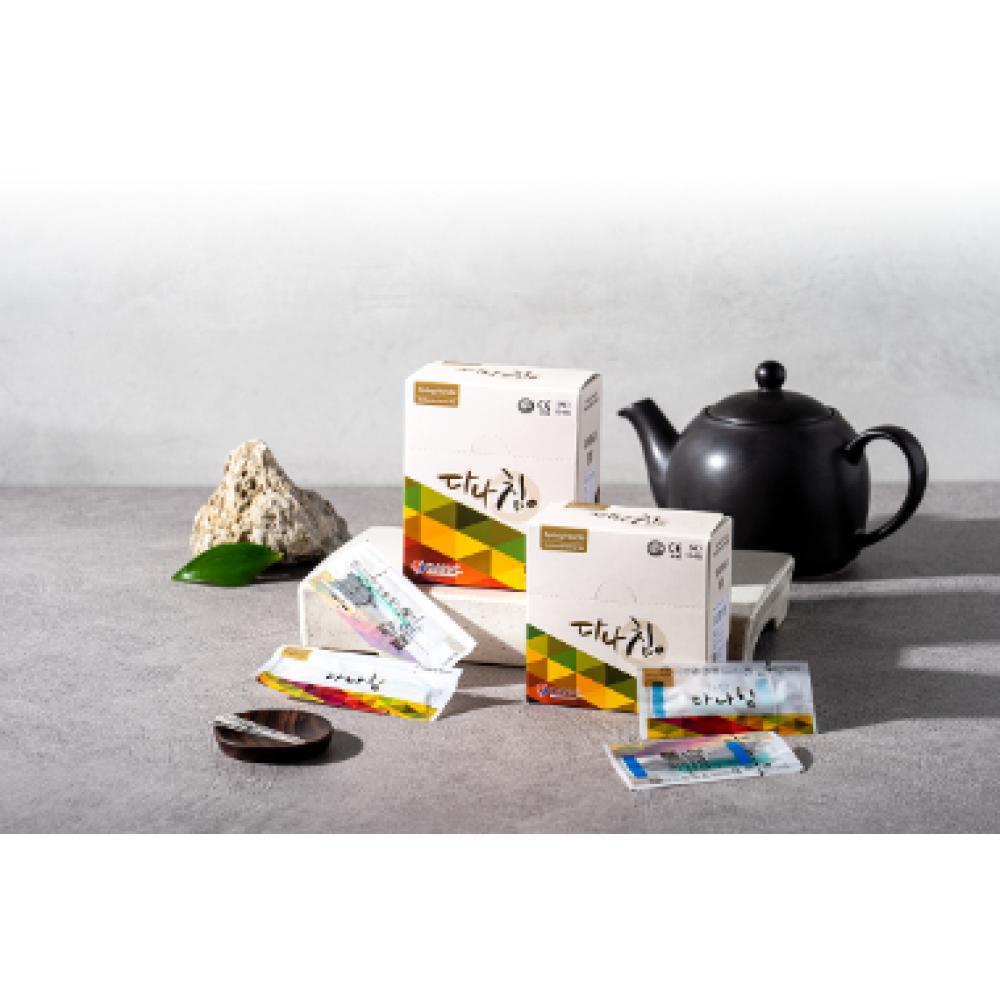

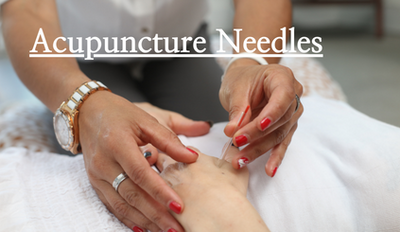
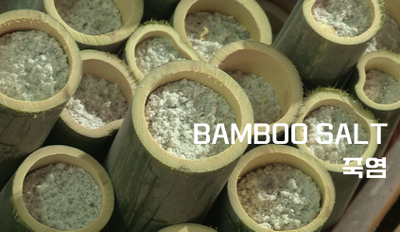


ForInjuries-20230203052432.png)
Comments: 0